History
The beginning of the Hardwood Industry of the Pacific Coast was not so very much later than that of Chicago. In 1849 and 1850, the general merchandising stores in San Francisco such as Howard & Melees, and Leidsdorff, brought around the Horn in clipper ships along with boots, shoes, clothing and food stuffs, some hardwoods.
These were for the blacksmiths and wagon makers to use in building the brace coaches and wagons which hauled goods and passengers to the gold mines in the foothills of the Sierras and for men like Studebaker, who was building wheelbarrows and wagons at Hangtown, accumulating the modest capital which started Studebaker Brothers at South Bend, Indiana.
In the 60’s, 70’s and 80’s a number of firms entered the hardwood business in San Francisco, first as an adjunct to wagon materials and later handling hardwood lumber exclusively. John Wigmore in the early 60’s, Straut White & Co. in 1868, White Brothers in 1872, Allen & Tuggle Lumber Co. in 1883, J.H. Dieckmann and E.F. Niehaus in the late 80’s or early 90’s were old concerns. This city became the hardwood distributing center for the entire Western part of the United States and Los Angeles, San Diego, Portland, Seattle and Vancouver drew their supplies from the Golden Gate. As population increased in the other Coast cities, hardwood yards were established or softwood yards and planing mills put in stocks of hardwoods.
In Los Angeles in 1893, Erastus J. Stanton, a former Michigan lumberman, established a lumber business handling principally Sugar and White Pine. In 1895, he put in a stock of hardwoods. In 1904, the Hardwood Lumber Co., a branch of the Hardwood Lumber Co. of Denver, was established by Joseph Ringeman and in 1906, this became the Western hardwood lumber Company. Los Angeles became the distributing center of Southern California.
In 1903, Ehrlich Harrison & Company was established in Seattle. Portland, Oregon soon was a distributing center, developing its hardwood business from planing mill stocks. The Emerson Hardwood Company, under the management of Charles Stetson set up a band mill and veneer saw, imported large quantities of Japanese Oak logs and sold their products all along the Coast. The financial results were only indifferent and the plant was purchased by Roger Sands of Seattle.
San Diego came into the field with Jerry Sullivan’s hardwood yard. J. Fyfe Smith opened up in Vancouver, B.C.
